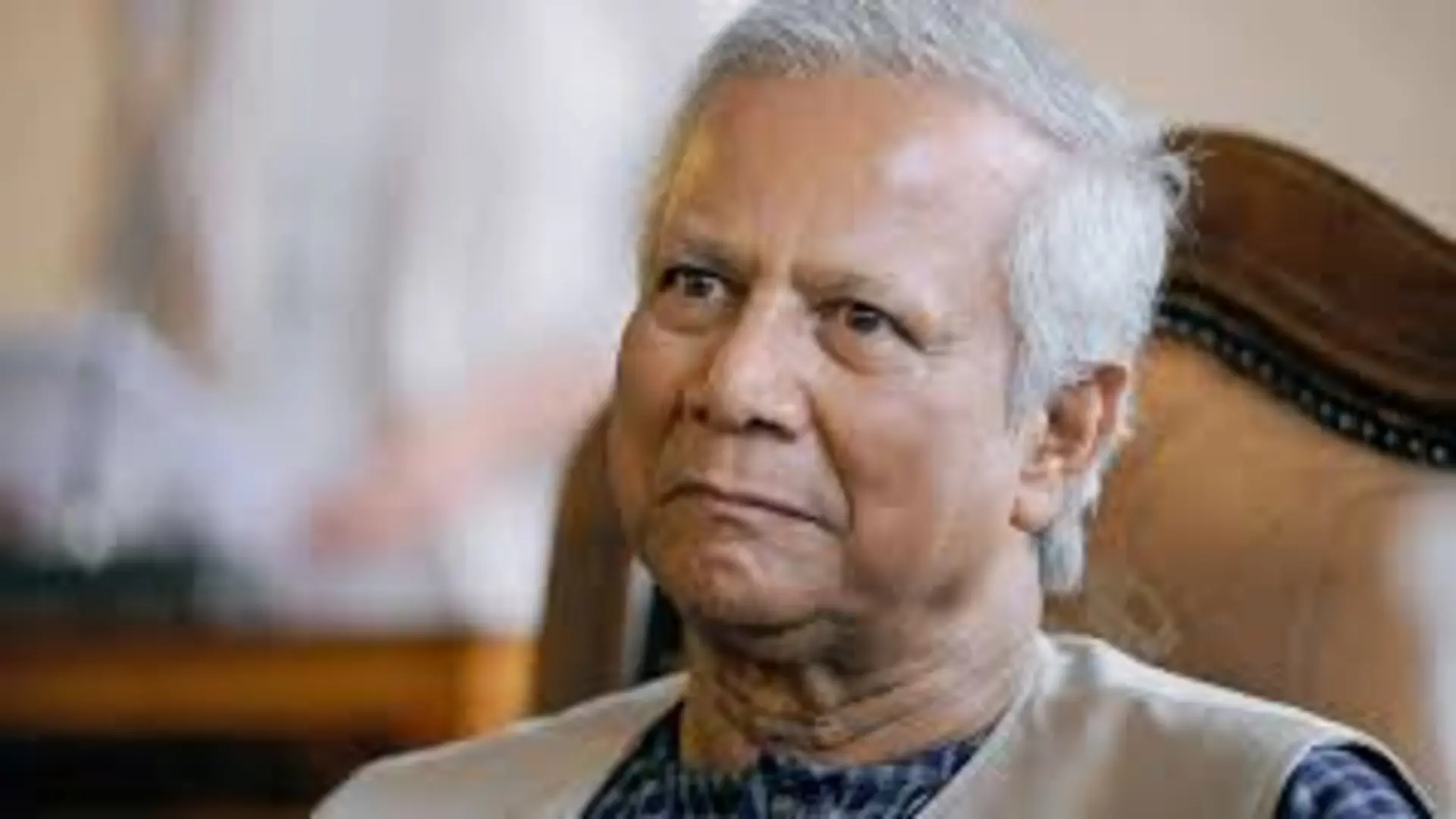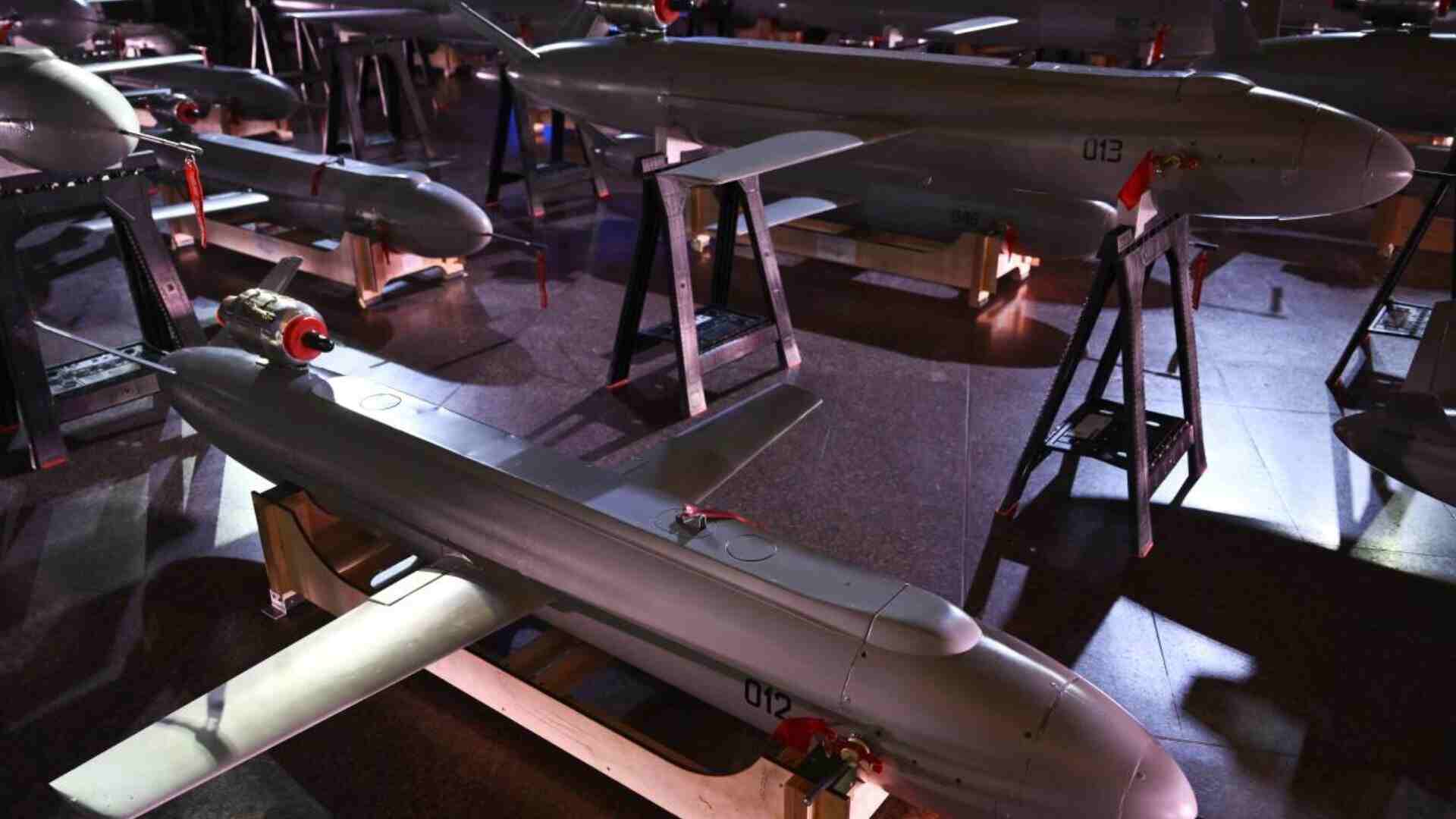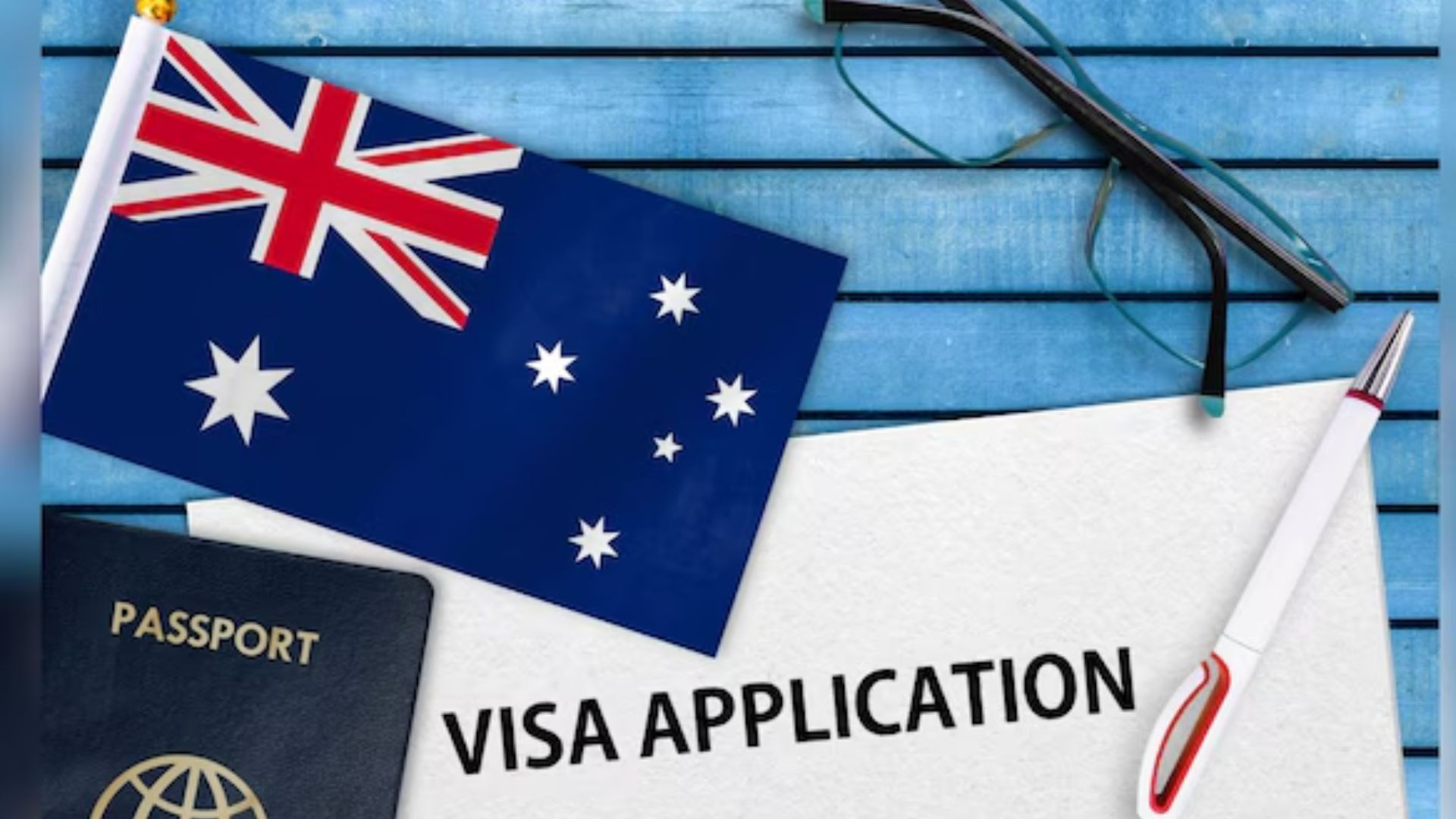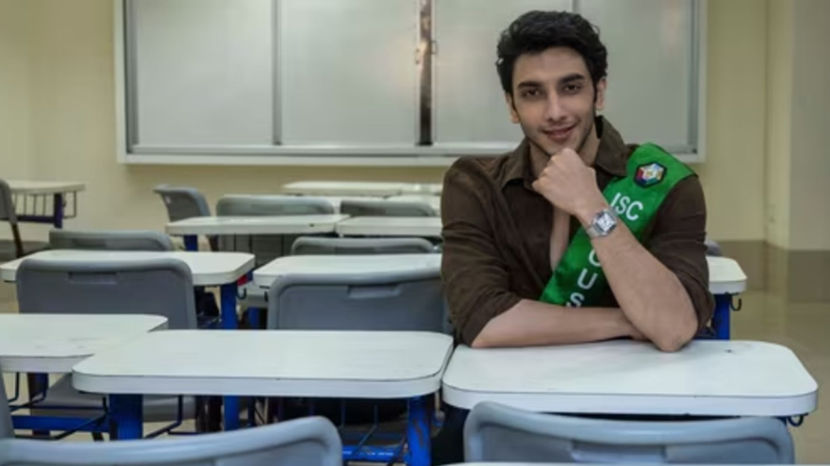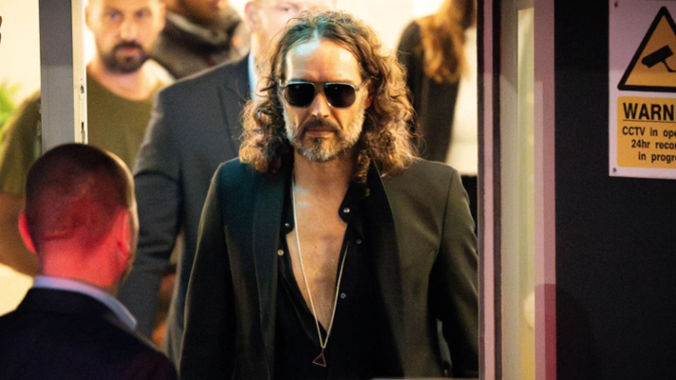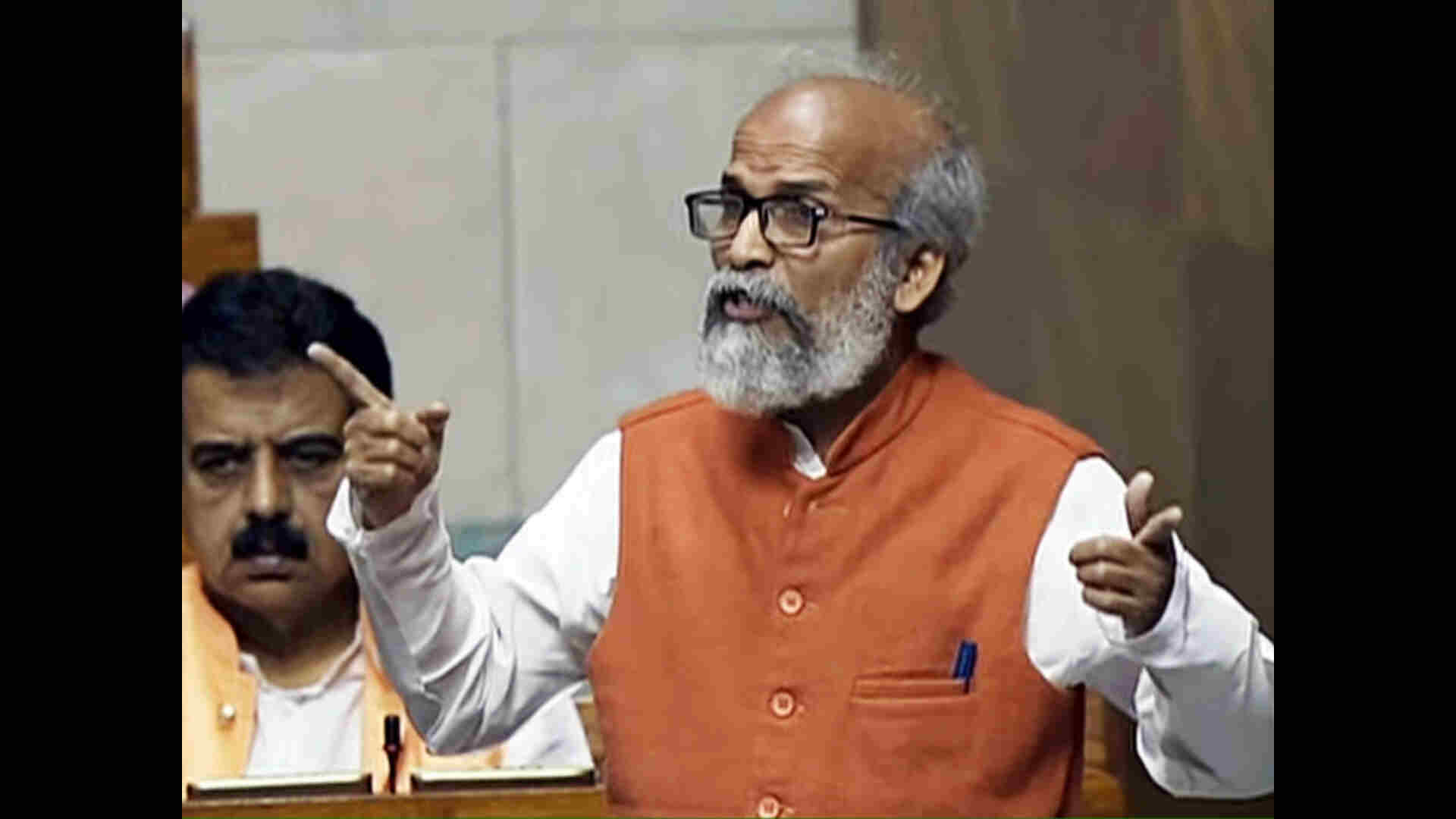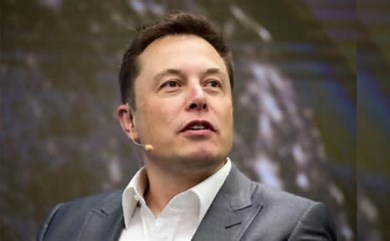Bangladesh’s interim government head, Muhammad Yunus, announced on Monday that the national election will likely take place between late 2025 and mid-2026. In a televised address, Yunus emphasized the need for reforms before finalizing the election date.
Election Timeline Confirmed
Yunus addressed the nation, stating, “Broadly speaking, the election can be scheduled between the end of 2025 and the first half of 2026.” He clarified that the timing depends on achieving political consensus and completing essential reforms.
Reason for the Delay
Yunus explained why the elections could not happen sooner. He highlighted the importance of creating a strong foundation for credible polls. “If, and I repeat, ‘if,’ due to political consensus, we have to hold the election on the basis of a flawless preparation of the voter list with minor reforms, then it may be possible to hold the elections by the end of 2025,” Yunus said.
He added, “If we include the expected level of reforms in the electoral process, in line with the recommendations of the Election Reforms Commission and based on national consensus, then it may take at least another six months.”
Tackling Challenges
Yunus acknowledged the difficulties of his role. He described the task of restoring democratic institutions in Bangladesh as “extremely tough.” Despite the challenges, he remains committed to rebuilding trust in governance.
The 84-year-old Nobel Peace Prize winner assumed his position after an August 2024 revolution ousted former Prime Minister Sheikh Hasina. Protesters stormed the prime minister’s palace in Dhaka, forcing Hasina, 77, to flee to India by helicopter.
Allegations Against the Previous Regime
Yunus pointed to widespread abuses under Hasina’s 15-year rule. Her government faced accusations of undermining democracy by politicizing the judiciary and staging biased elections. It was also linked to human rights violations, including mass detentions and extrajudicial killings of political opponents.
With these challenges in mind, Yunus assured the public of his dedication to creating a transparent electoral process. He believes this is essential to restoring faith in Bangladesh’s democracy.
